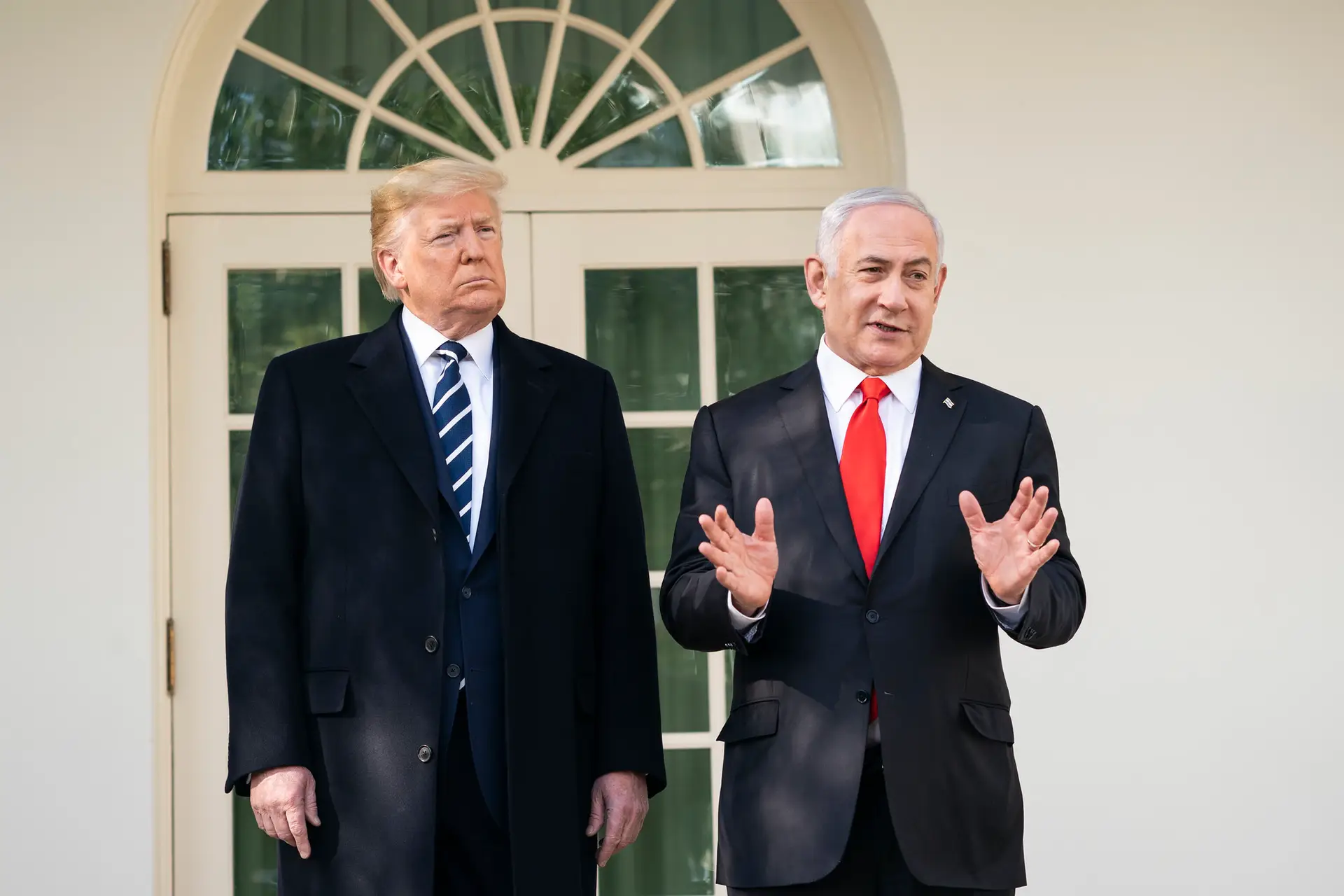In a significant shift in US Middle East policy, President Donald Trump has unveiled an ambitious Trump Gaza plan that envisions American control over the war-torn territory. Speaking alongside Israeli Prime Minister Benjamin Netanyahu at the White House, Trump proposed transforming Gaza into what he termed “the Riviera of the Middle East.”
Understanding the Trump Gaza Plan
The president’s proposal centers on several key elements. Firstly, Trump suggested relocating nearly 2 million Palestinians from Gaza to other countries, particularly neighboring Arab states. Subsequently, the United States would assume ownership of the territory and undertake a massive redevelopment project. “The US will take over the Gaza Strip, and we will do a job with it too,” Trump stated during the White House press conference.
International Response and Concerns about the Trump Gaza Plan
The announcement has triggered widespread reactions across the international community. Moreover, key stakeholders have expressed significant reservations about the feasibility and implications of the proposal. Hamas swiftly condemned the plan, stating it would not allow such initiatives to proceed. Additionally, Arab states, particularly Egypt and Jordan, have rejected appeals to accept displaced Palestinians, citing regional stability concerns.
Furthermore, the United Kingdom has diplomatically distanced itself from the proposal. British Cabinet Minister Steve Reed emphasized his country’s commitment to enabling Palestinians to return to their homes while maintaining support for a two-state solution. “The Palestinian civilians have been through a living nightmare for the last 14 months,” Reed noted.
Critical Analysis and Challenges
Several significant obstacles stand in the way of implementing this proposal. Firstly, the plan faces strong opposition from regional powers and the international community. Additionally, experts highlight potential violations of international law regarding forced population displacement. Furthermore, the proposal appears to conflict with long-standing efforts toward a two-state solution in the region.
Future Implications
The Trump Gaza plan represents a dramatic departure from traditional US policy in the Middle East. Consequently, it has raised questions about the future of peace negotiations and regional stability. Nevertheless, Netanyahu praised Trump’s innovative thinking, describing him as “the greatest friend” Israel has ever had.
Conclusion
As discussions continue, the feasibility and implications of Trump’s Gaza proposal remain subject to intense debate. The plan has highlighted the complex challenges facing any solution to the Israeli-Palestinian conflict, while simultaneously demonstrating the diverse perspectives among global stakeholders.
Sources: CNN, Al Jazeera, Politico

